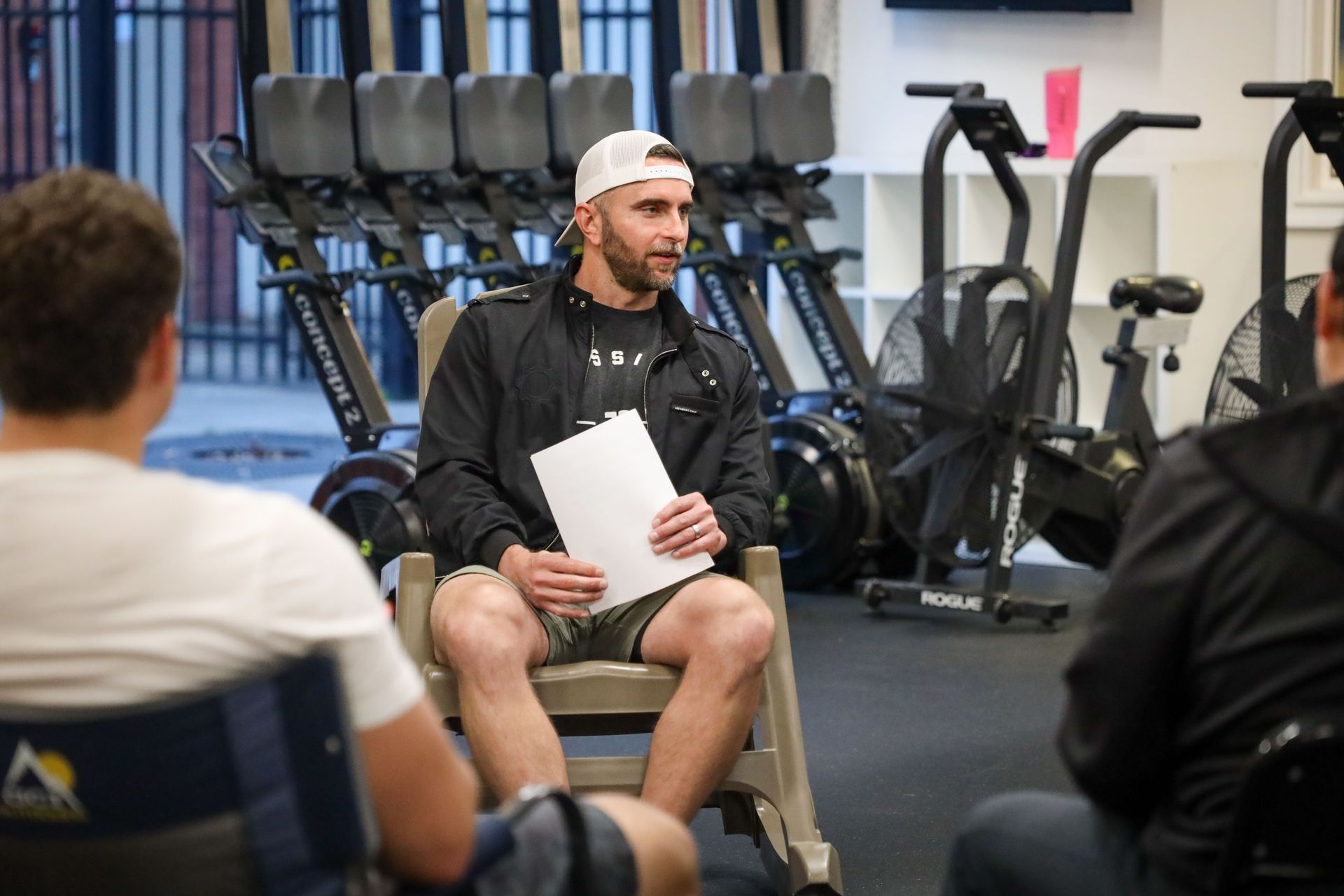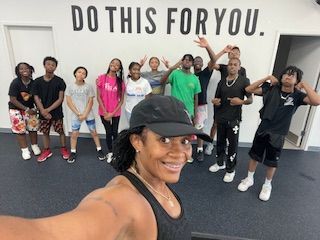TO SERVE, YOU MUST FIRST GO
I once had a young couple come and see me for counseling. They had only been married a few months and were experiencing what they determined to be some major issues. She was upset with him because she felt he was self-centered, only doing the things that made him happy at the exclusion of her needs. He simply did not understand the problem – he saw the things that he wanted to do as a release for him. His new job was stressful, and he needed some things to help him escape. After listening to them, I began to guide them on journey of understanding what it means to actually serve one another. I let them know the first place we must start is to simply go – to move forward and change each other’s lives before changing our own. To me this is the first part of adopting a life of service.
- Service is about needs.
Servant leaders put the needs of others before their own needs. Great servant leaders always measure joy by the accomplishments of those around them not by what they themselves have accomplished. Robert Greenleaf, the man who coined the term servant leader,
suggests asking these questions:
- Do those we serve grow as persons?
- Do they, while being served, become healthier, wise, freer, more autonomous, more likely themselves to become servants?
- Service is about equity . Great servant leaders create a culture where there is a level playing field and everyone has the opportunity to succeed. Serving others is about empowering, not controlling, and seeing everyone as a collaborative partner. The best servant leaders I have seen are those who give people space to develop and use their talents and gifts.
- Service is about self-realization. When we serve, we always serve from our own character base. Servant leaders check their motives, always evaluate their values, and continue to look for opportunities to learn and grow. Greenleaf writes, “Servant leaders create a positive ethical climate for followers by striving to be trusting, insightful, open to new ideas, strong and courageous.”
When we serve, many times, we have to get up and go, not letting bitterness, pain or pride stand in the way. Great servant leaders get up, go, conquer obstacles and change people’s lives. It requires more than showing up or carrying a title… it requires movement toward transformational change.
Ask yourself these questions:
- Do you work to gain understanding, input, and buy-in from those you lead? What does this process look like for you?
- Which of the following do you feel are your strongest attributes in your leadership: trusting, insightful, open to new ideas, strong or courageous? Which are your weakest? How can you get better?
Lead Differently!
Greg
The Race Marked Out for Atlanta












